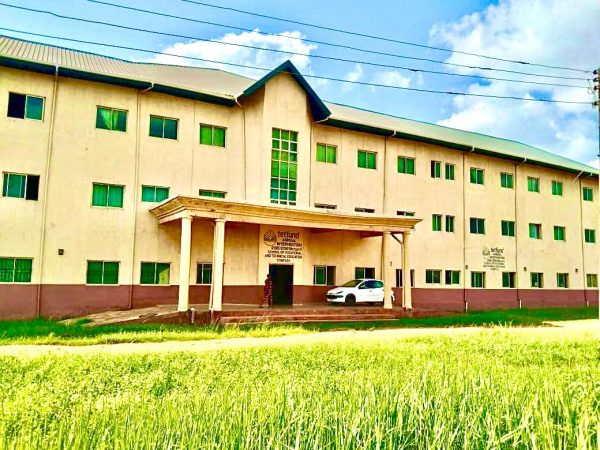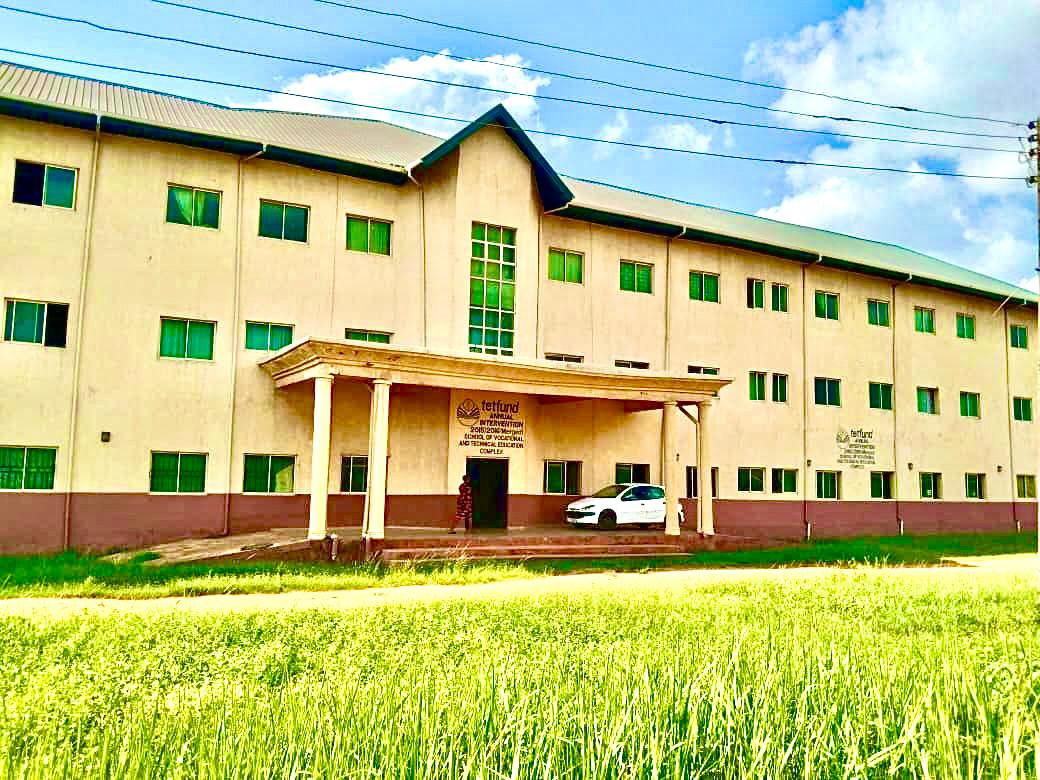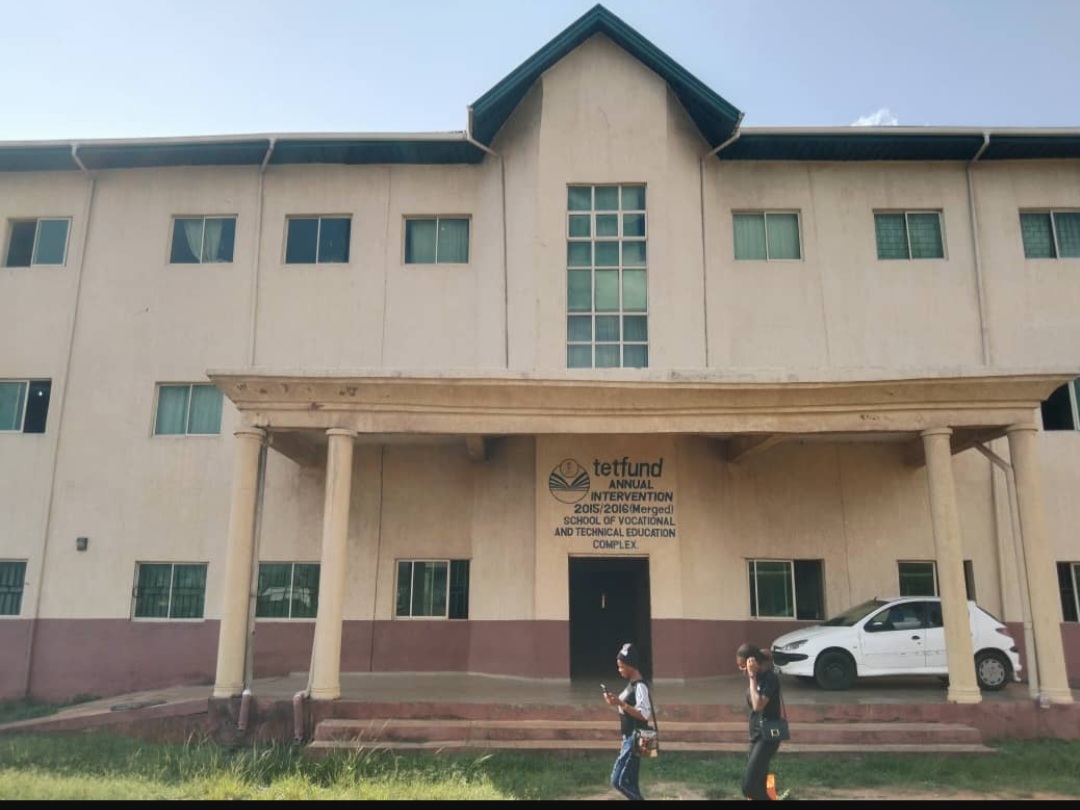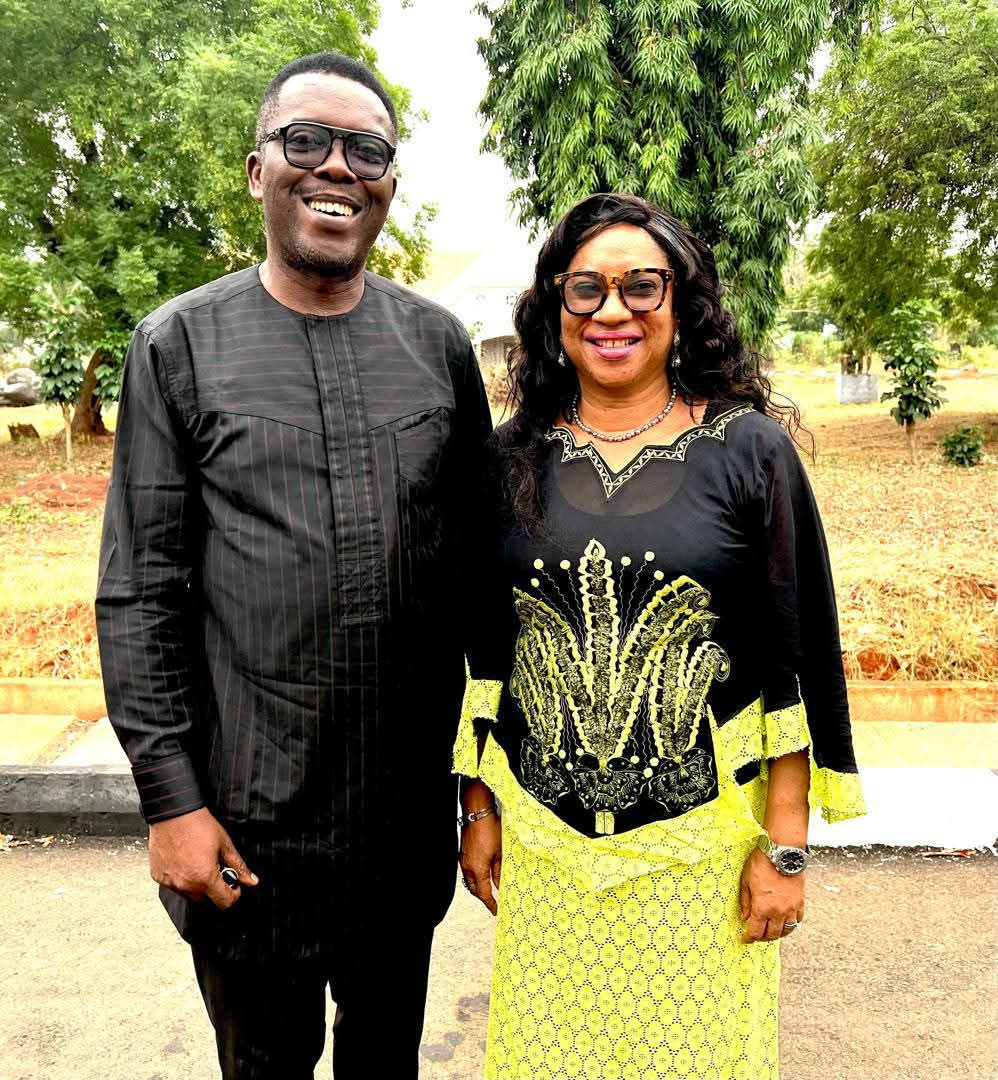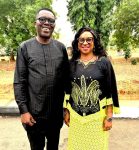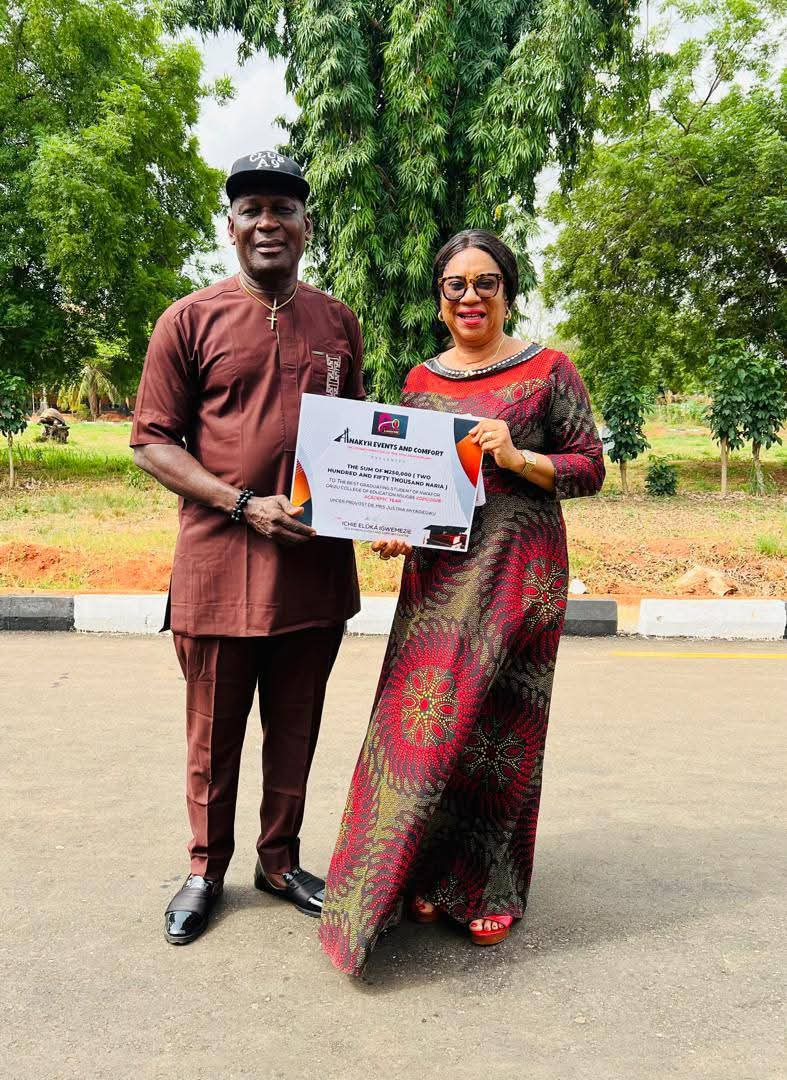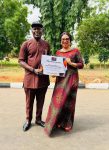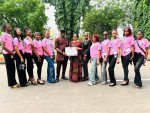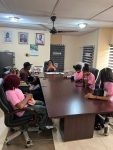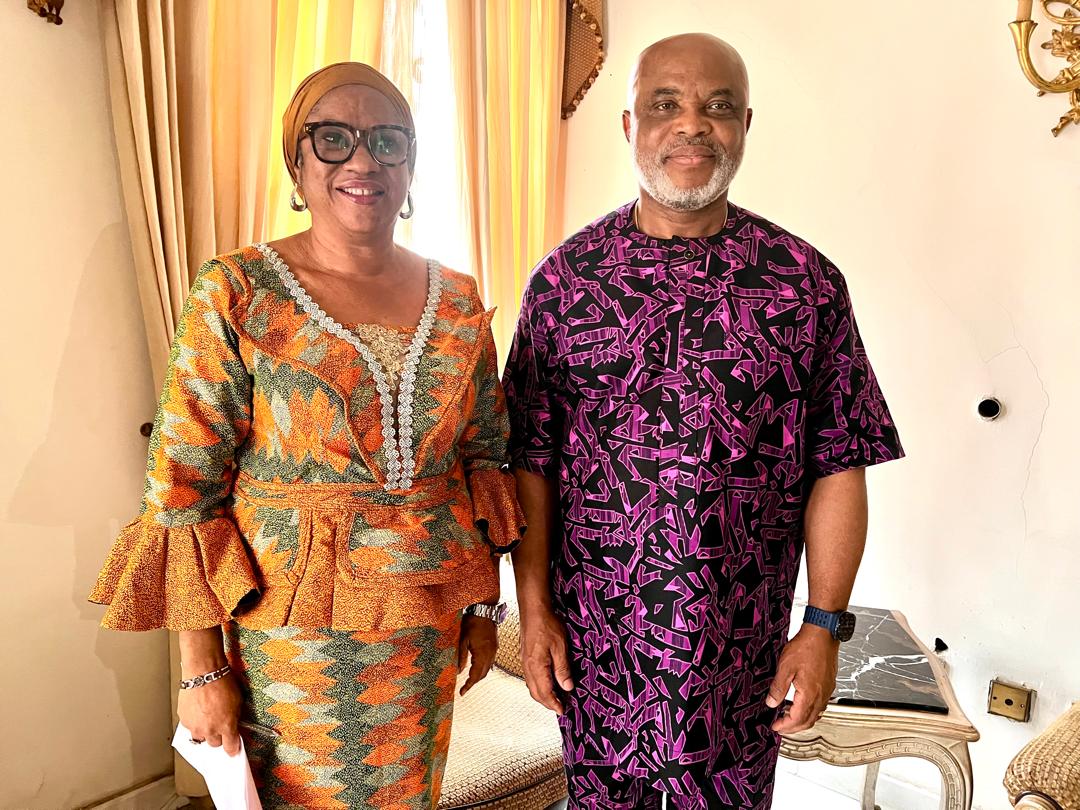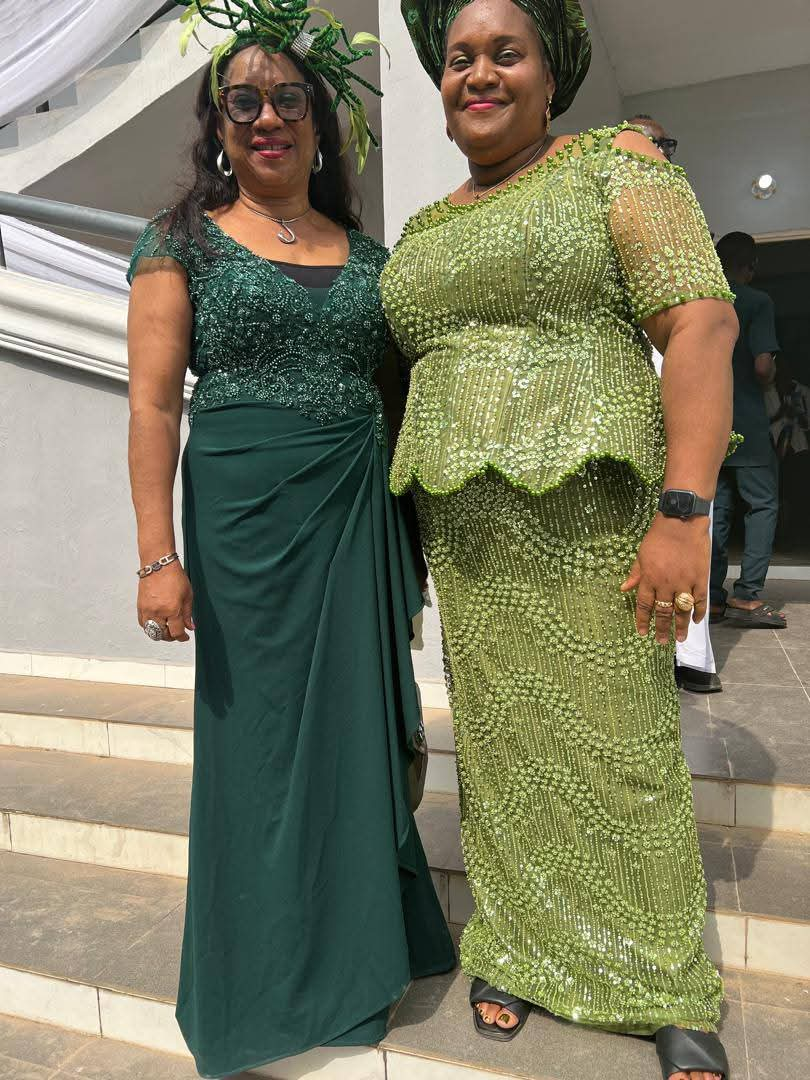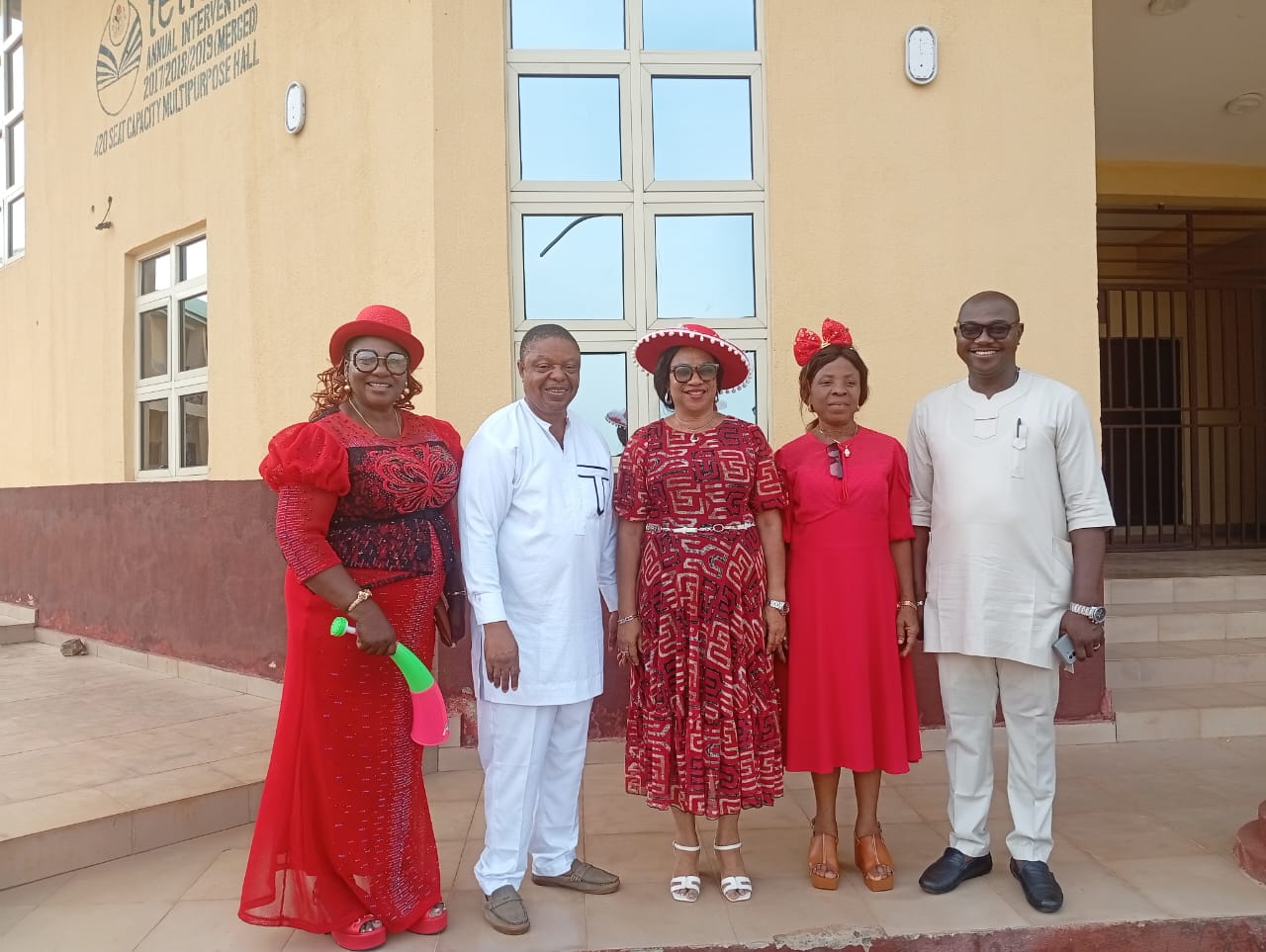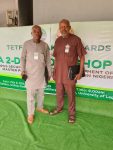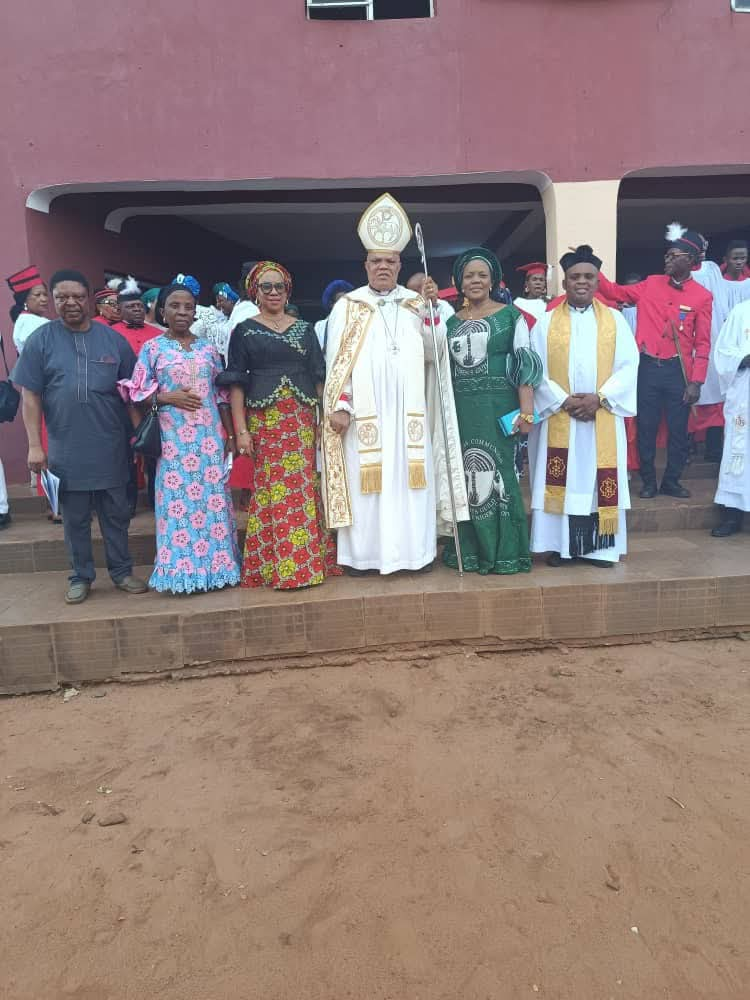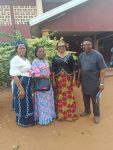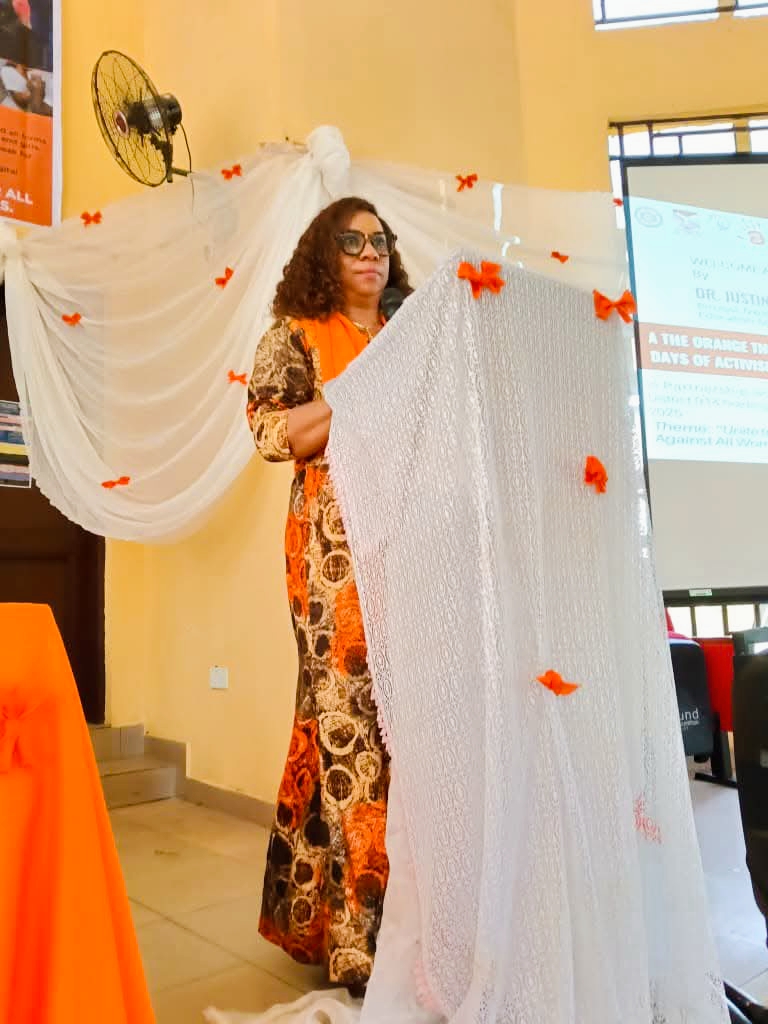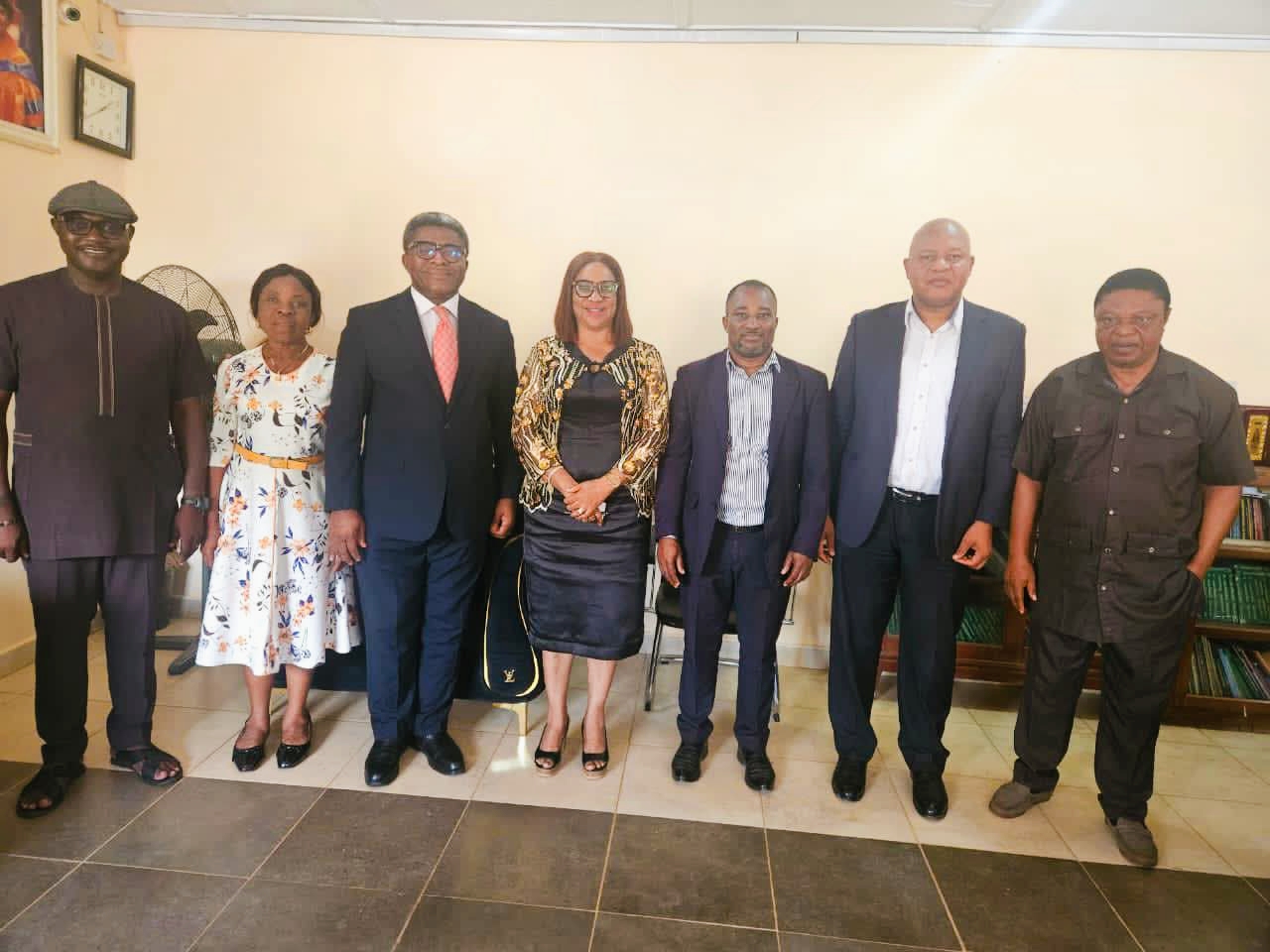Hi 👋 , welcome to;
PURPOSE AND FUNCTION
The School of Vocational and Technical Education at Nwafor Orizu College of Education, Nsugbe, serves as the hub for training competent, skill-based educators and professionals who can teach and apply technical and vocational knowledge across various industries and educational institutions in Nigeria.
Its primary purpose is to:
●Develop technically skilled teachers for junior and senior secondary schools.
●Equip students with employable skills in key vocational fields.
●Foster entrepreneurship and self-reliance among graduates.
●Promote technology-driven learning in line with Nigeria’s evolving educational and economic demands.
The school plays a dual role of preparing students as both educators and practitioners in their chosen vocational fields.
FACILITIES AND INFRASTRUCTURE
The Vocational and Technical Education Complex is a purpose-built facility designed to support both theoretical learning and hands-on practical training. It consists of several departments, workshops, laboratories, and classrooms.
Key facilities include:
Fully equipped workshops for:
●Agricultural Education
●Home Economics Education
●Fine and Applied Arts
●Technical Education (Woodwork,
●Metalwork, Auto Mechanics, Electricals)
●Modern laboratories for textiles, foods and nutrition, and science integration.
●Lecture halls and smart classrooms with multimedia teaching tools.
●Studio spaces for creative arts and design work.
●Demonstration farms and poultry units for agricultural practicums.
●Entrepreneurial hubs where students can incubate small-scale business ideas.
The infrastructure is continually updated to meet the standards of the National Commission for Colleges of Education (NCCE) and the demands of industry-oriented training.
ACADEMIC AND PROFESSIONAL DEVELOPMENT ROLE
The School of Vocational and Technical Education offers Nigeria Certificate in Education (NCE) programs in fields that combine academic instruction with technical proficiency. It contributes to both teacher preparation and vocational expertise, fulfilling the dual needs of the education and labor sectors.
Academic strengths and contributions:
●Professional Teacher Training: Students are trained in educational psychology, teaching methods, curriculum development, and classroom management alongside their vocational subjects.
●Hands-on Skill Acquisition: Each department incorporates practical components such as industrial attachments, field work, and supervised projects.
●Interdisciplinary Learning: Students engage in interdisciplinary learning that blends technical, scientific, and artistic approaches.
●Innovative Teaching Practice: Graduates complete teaching practice sessions in both academic and vocational secondary schools.
●Research and Innovation: Encourages applied research in vocational teaching methodologies, rural development, and small enterprise management.
COMMUNITY IMPACT AND INDUSTRY ALIGNMENT
The School plays a pivotal role in community empowerment, youth development, and industry linkage, supporting Nigeria’s push toward Technical and Vocational Education and Training (TVET).
Community and economic impact:
● Entrepreneurial Skills Training: Helps reduce unemployment by equipping students and community members with profitable skills.
●Extension Services: Offers training workshops for local farmers, artisans, and SMEs.
●Support for National Economic Goals: Aligns with the Federal Government’s policies on youth empowerment, industrialization, and local content development.
●Collaboration with Local Industries: Facilitates student internships, industrial experience, and school-enterprise partnerships.
●Production Units: Some departments run mini-production enterprises (e.g., sewing, art and craft, processed foods) which serve both learning and commercial purposes.
DEPARTMENTS UNDER THE SCHOOL
The School of Vocational and Technical Education typically houses the following departments:
1. Agricultural Education – focuses on crop production, animal husbandry, and agribusiness.
2. Home Economics Education – trains students in nutrition, clothing and textiles, family living, and home management.
3. Fine and Applied Arts Education – develops artistic skills in drawing, painting, sculpture, graphic design, and crafts.
4. Technical Education – includes specializations in:
Electrical/Electronics
Woodwork Technology
Metalwork Technology
Auto Mechanics
Each department offers specialized tracks that blend pedagogical theory with industry-relevant training.
CHALLENGES AND FUTURE PLANS
Like many vocational institutions in Nigeria, the school faces certain challenges:
Challenges:
●Funding gaps for equipment upgrades and consumable supplies.
●Limited industrial partnerships for student internships and post-graduation employment.
●Need for continuous staff training to match current industry trends.
Future Plans:
●Expansion of workshops and studios with modern tools and machinery.
●Digitalization of vocational content through e-learning platforms and virtual simulations.
●Stronger collaborations with local industries, government agencies, and NGOs for curriculum enrichment and funding.
●Student enterprise incubation hubs for real-life entrepreneurial development and mentorship.
●Accreditation of advanced diploma and degree programs in partnership with universities.
BUILT BY
Sponsored: Tetfund
Year 2015/2016
CONCLUSION
The School of Vocational and Technical Education Complex at NOCEN stands as a pillar of practical education and skills development, preparing students not just for classrooms but also for meaningful roles in business, industry, and rural development. Through its structured programs, community initiatives, and commitment to innovation, the school continues to shape versatile graduates who can teach, create, and transform their environments.
A35 – Office of the Head, Economics Department
A37 – HOD Economics Department
A40 – Ven. Dr. Eric Emeka Anosike
1. Participate in Hands-On Projects
Students engage in supervised practical work that complements their classroom instruction. For example:
– Carpentry students may construct furniture like chairs or tables.
– Sewing students can design and produce garments or fabric items.
– Mechanical students may disassemble and repair engines or build mechanical devices.
– Electrical students practice wiring systems, setting up circuits, and installing fixtures.
These projects often form part of their course assessments and portfolio development.
2. Operate Tools and Equipment
Learners gain proficiency in using industry-standard tools and machinery such as:
– Power saws, drills, and planers in the carpentry section.
– Sewing machines, pattern drafting tools, and embroidery equipment in the fashion unit.
– Multimeters, circuit testers, and installation kits in the electrical workshop.
– Engine hoists, spanners, and diagnostic equipment in the mechanical section.
This exposure prepares them for direct entry into the workforce or entrepreneurial ventures.
3. Build Prototypes or Models
Students are encouraged to apply innovation by designing and creating:
– Working prototypes of furniture, devices, or electrical systems.
– Creative fashion pieces or uniforms.
– Simple machines or model structures related to construction or repairs.
These projects foster problem-solving and project-based learning.
4. Complete Practical Assessment Work
Many vocational courses require continuous practical assessments. In this workshop:
– Students perform tasks for grading based on national curriculum standards.
– Instructors evaluate their accuracy, safety practices, and craftsmanship.
– Learners refine their techniques based on feedback.
 Page Looksograph
Page Looksograph
Want a page like this? Click the black button below & let the Vicilook Team help you set it up in minutes.


